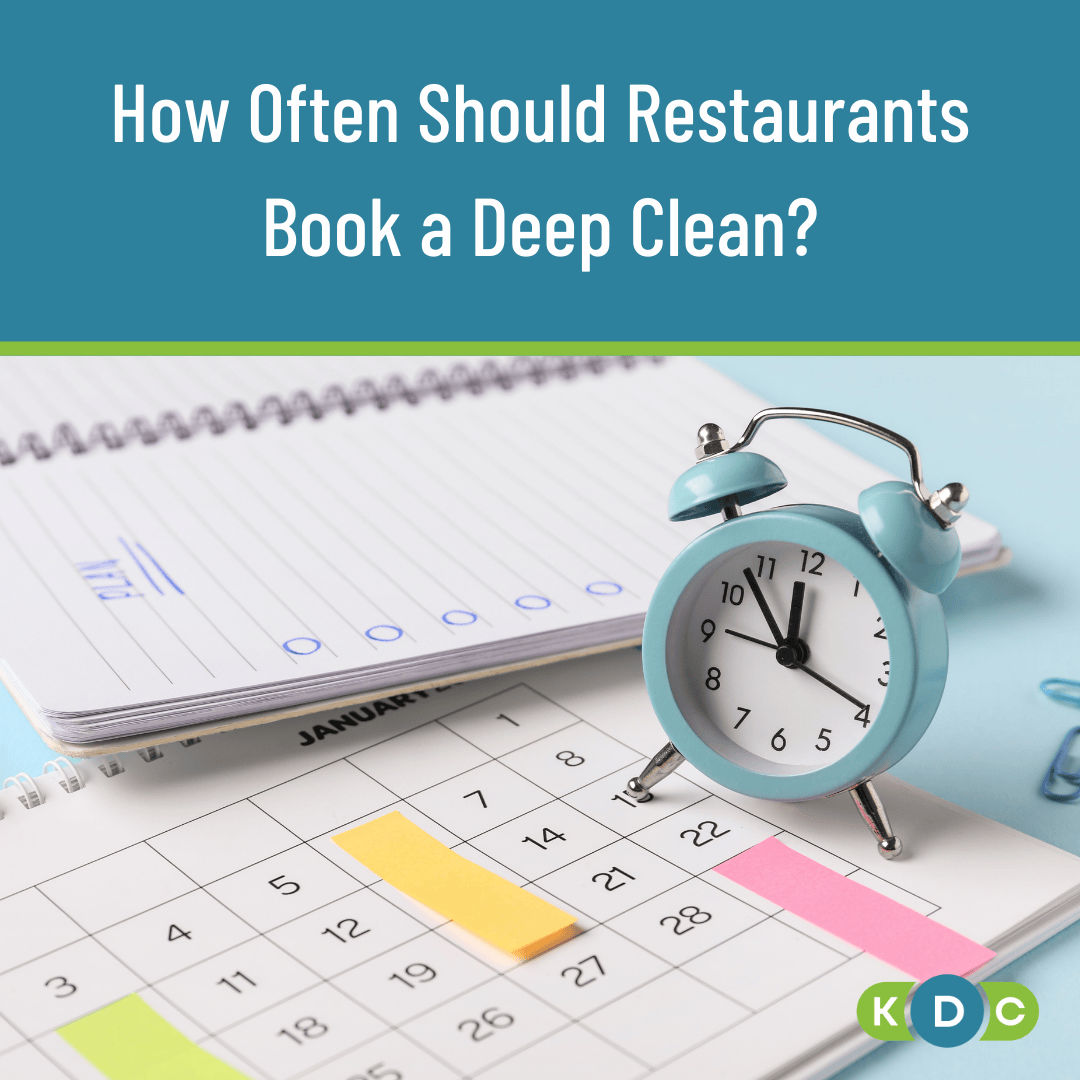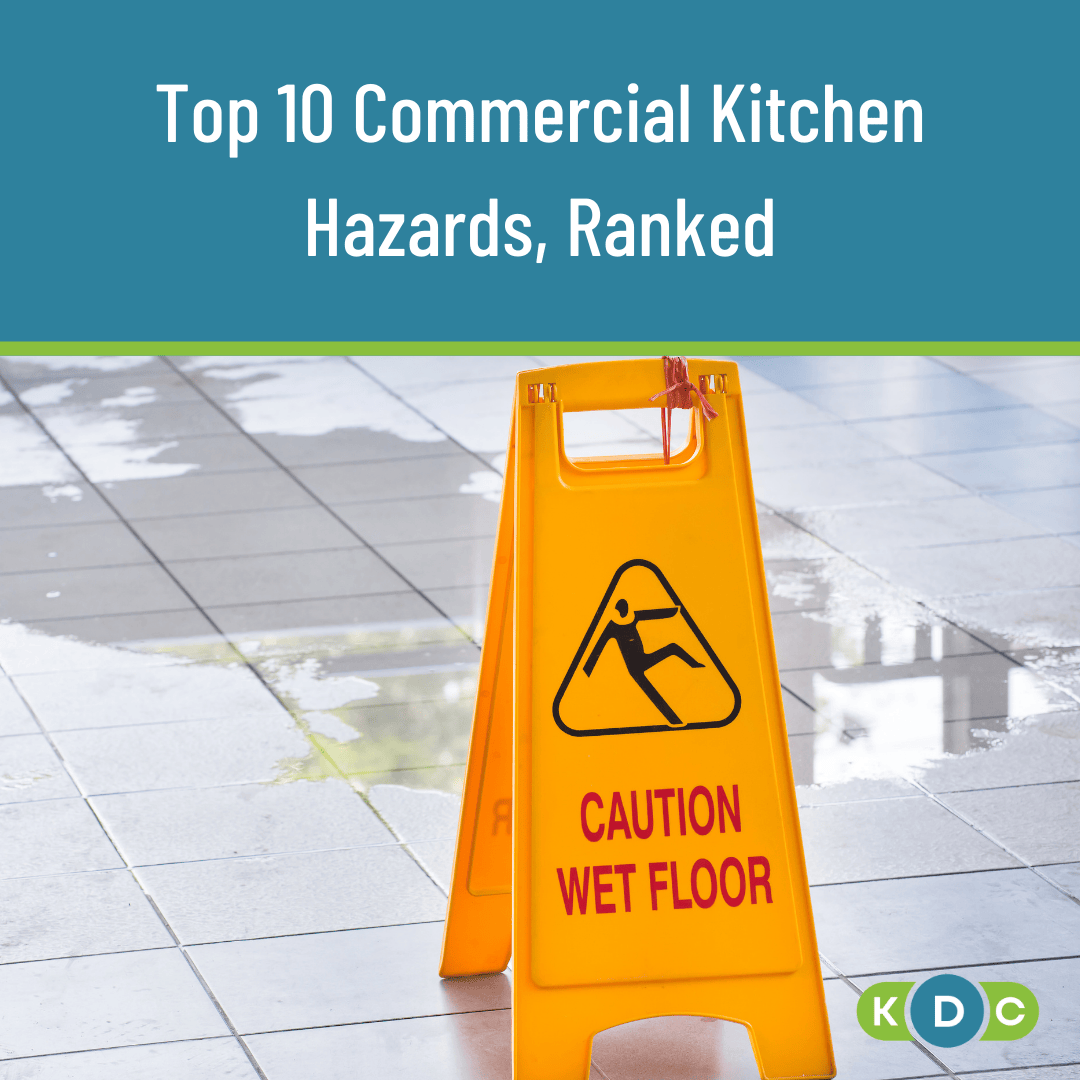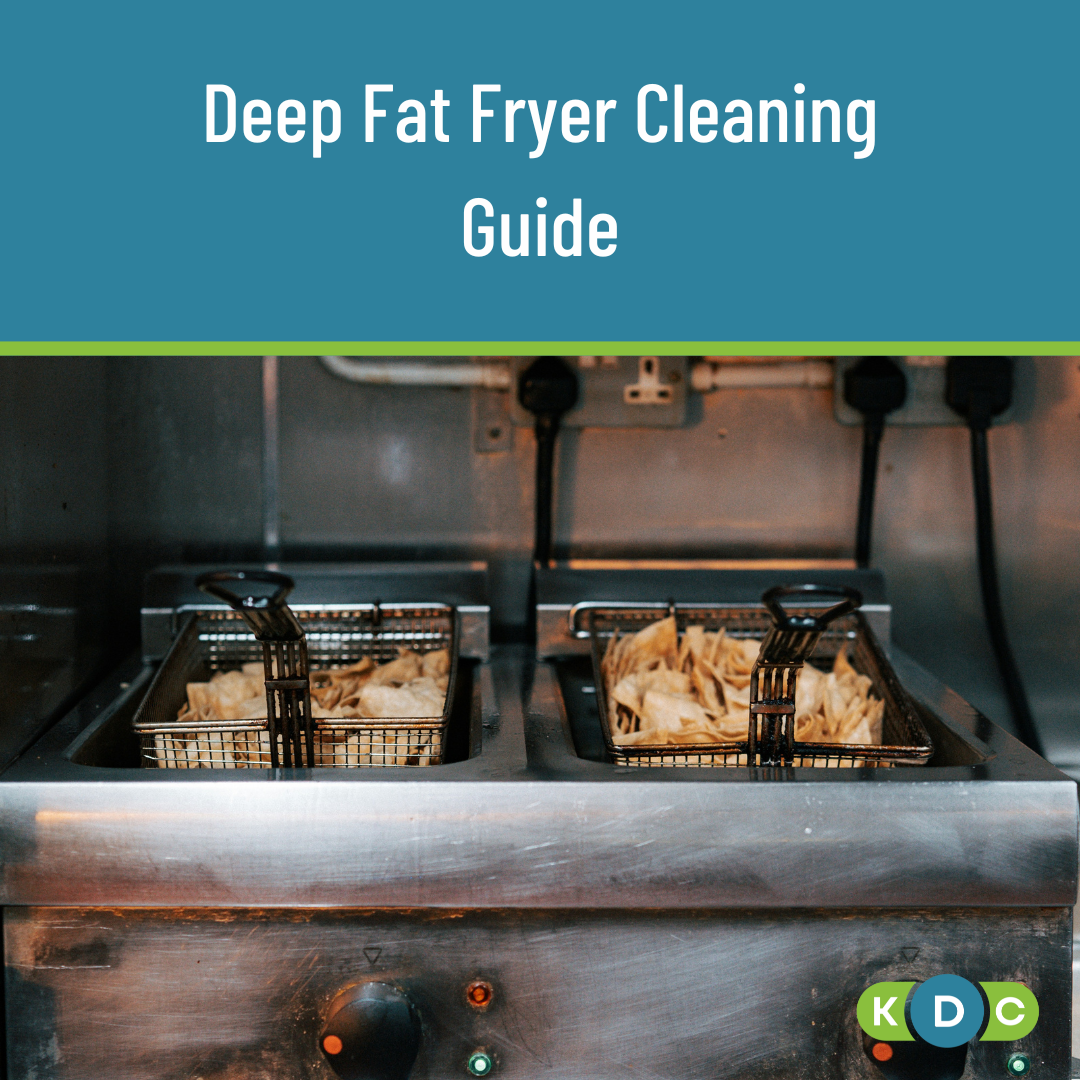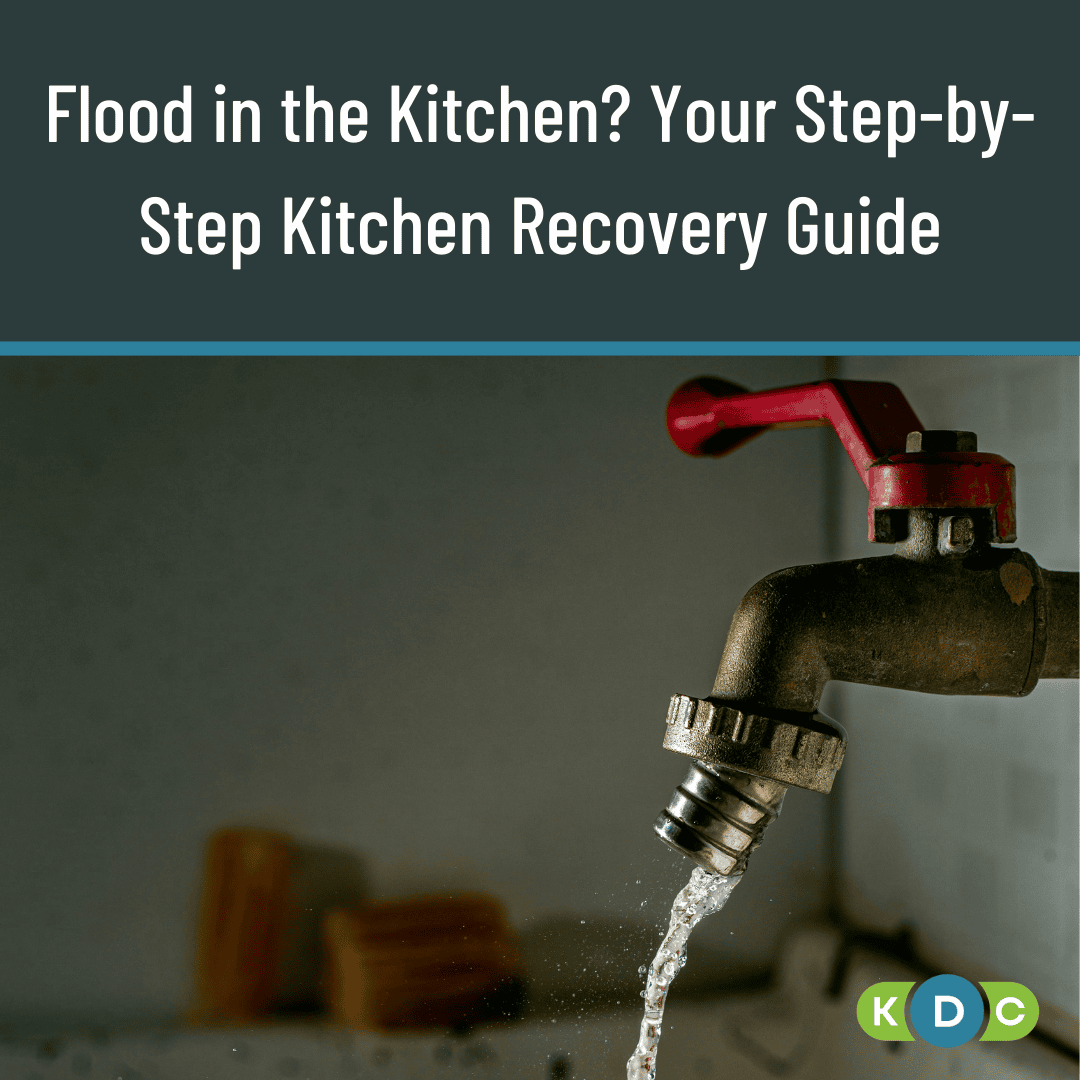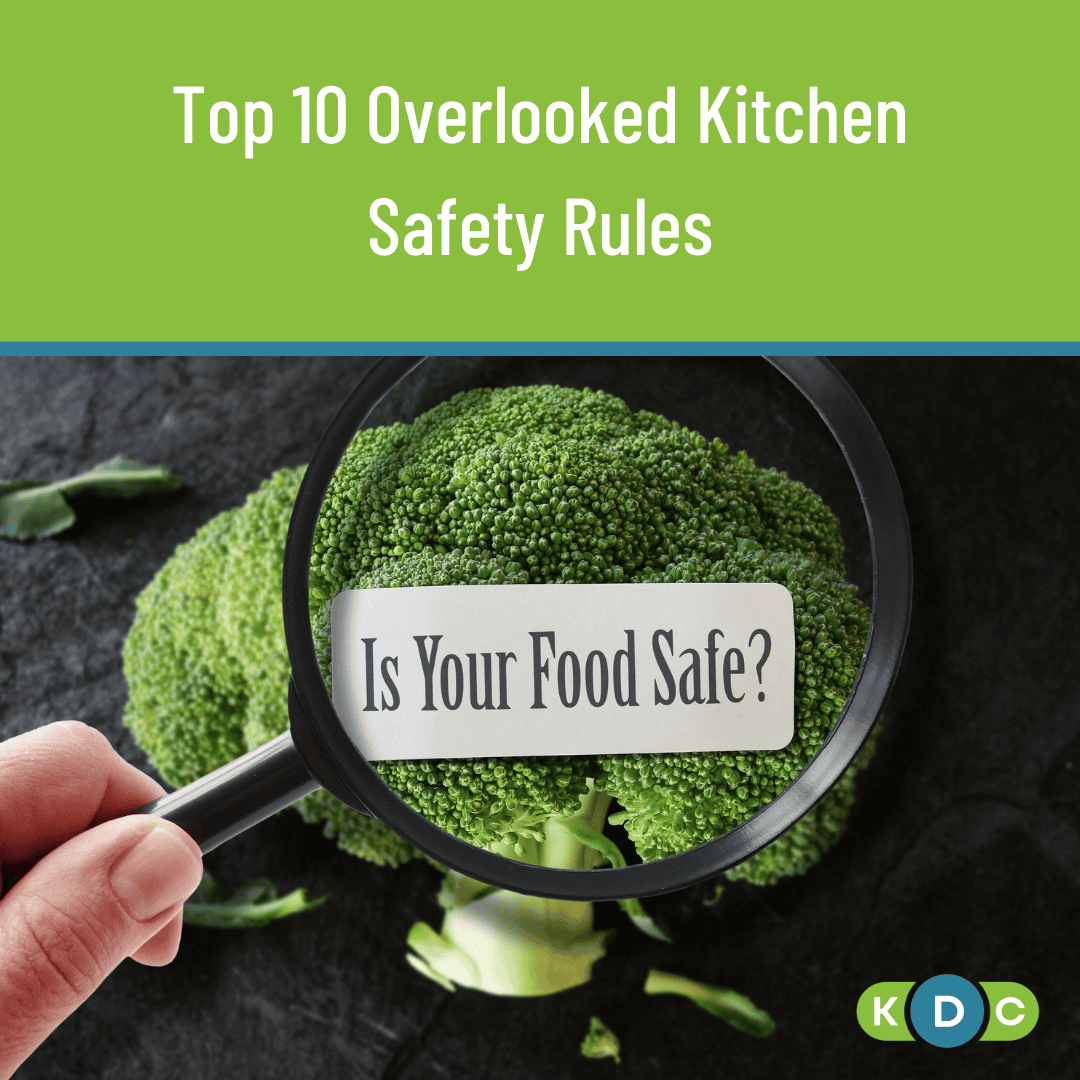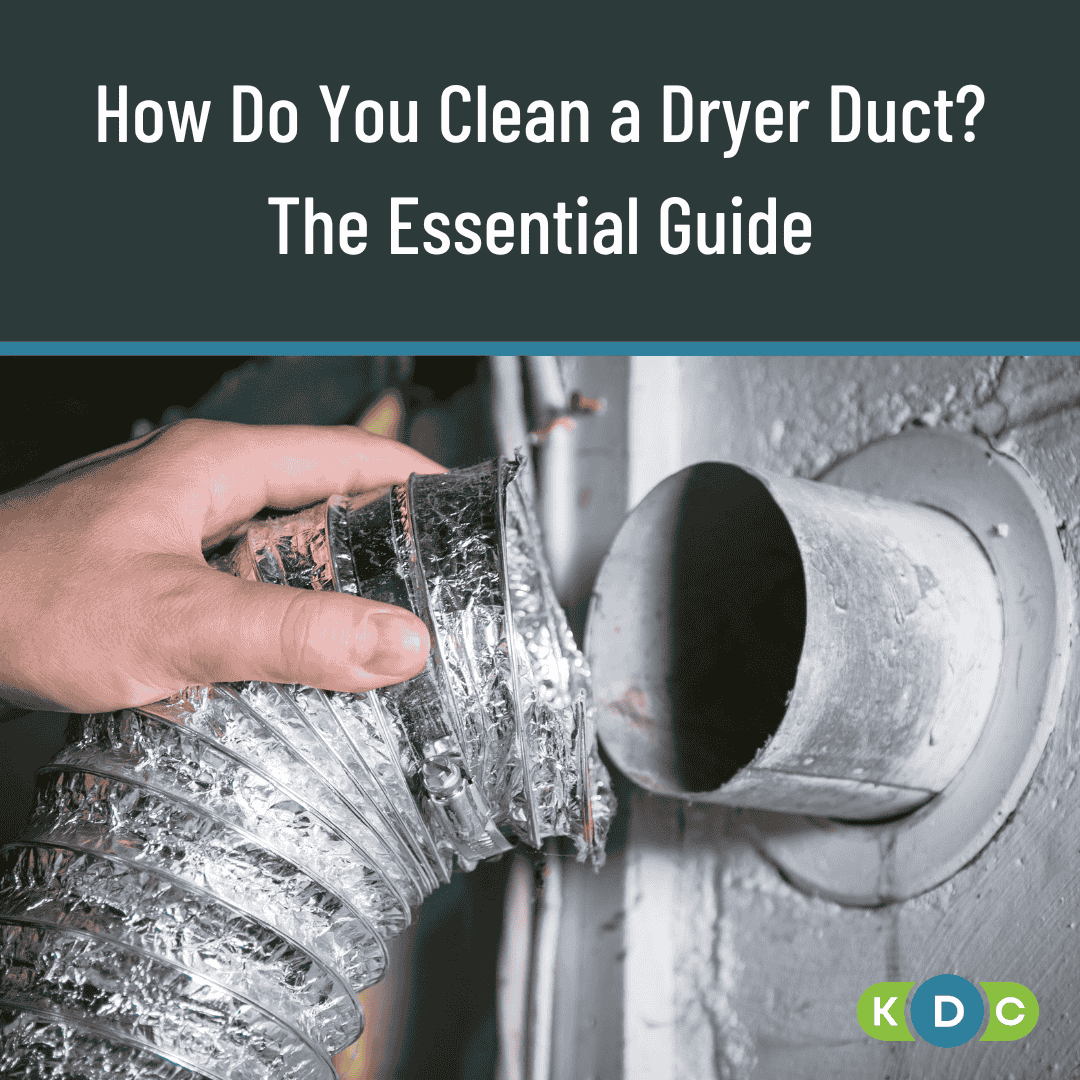Why Hygiene Is Important in the Food Industry
Food hygiene protects public health and business success. Learn essential practices, UK legal requirements and how proper hygiene prevents costly food poisoning outbreaks.
Walk into any thriving food business and you’ll notice something straight away - they maintain hygienic conditions and take hygiene seriously. It’s the backbone of every successful food business in the UK, whether you’re running a bustling restaurant, managing a hospital kitchen, or keeping school dinners up to scratch.
From your local chippy to five-star hotels, good food hygiene practices protect public health and keep your business thriving. Poor hygiene? Well, that’s a recipe for disaster, think foodborne illness outbreaks, hefty fines and customers legging it to your competitors.
This guide explores why food hygiene is absolutely crucial for UK food businesses and commercial kitchens, and how you can maintain the high standards that’ll keep your customers safe, your reputation intact and the inspectors happy.
What Exactly is Food Hygiene and Safety?
Food hygiene covers all the practices and conditions needed to ensure the food you serve is safe to eat. It’s about making sure food products are clean, handled properly and safe for people to consume - from the moment ingredients arrive at your kitchen to when they land on the customer’s plate.
The main reason? To prevent food poisoning and minimise health risks. It’s as simple as that, really.
Protecting Health: The Primary Goal
The stats are pretty sobering. The Food Standards Agency reckons around 2.4 million people in the UK get food poisoning every year. That’s roughly one in every 25 people having a proper rough time because of contaminated food. Food hygiene exists primarily to prevent these foodborne illnesses.
The usual suspects causing all this trouble?
- Salmonella (the classic troublemaker)
- Norovirus (the winter vomiting bug)
- E. coli (definitely not the kind of bacteria you want as a side dish)
- Campylobacter (responsible for most UK food poisoning cases)
These nasty pathogens can lead to serious health issues. And, in worst-case scenarios, they can even be fatal. Vulnerable groups like children, elderly folks and hospital patients are particularly at risk. One dodgy meal could land someone in hospital, or worse.
Most contamination happens due to improper food handling, particularly when handling raw ingredients, dodgy preparation methods, or storing food at the wrong temperatures.
The good news? It’s completely preventable with proper hygiene practices.
Speaking of vulnerable groups, hospital kitchens face perhaps the most critical hygiene challenges of all. Here’s what you should know…
Hospital Kitchens: Where Food Hygiene and Safety Becomes Life-Critical
Hospital kitchens face unique challenges that make food hygiene and safety absolutely paramount. Your patients aren’t just hungry customers, they’re often dealing with compromised immune systems from surgery, chemotherapy, or chronic conditions. One slip in hygiene standards could turn a recovery ward into an outbreak zone.
The stakes couldn’t be higher. Hospital-acquired infections spread like wildfire, and contaminated food can be the spark that sets it all off. We’re talking about mortality rates that far exceed community outbreaks - sobering stuff for any kitchen manager or matron.
Handling raw ingredients in hospital ward kitchens requires military-level precision. Every surface, every piece of equipment, every hand needs to be spotless. Your HACCP protocols aren’t just paperwork, they’re literally life-savers.
The bottom line? In hospital kitchens, food hygiene and safety protects the most vulnerable people in our society when they need it most.
Staying Legal: Meeting UK Regulations
Ignorance won’t get you off the hook with UK food safety laws, so let’s chat about the legal side of things...
The Food Safety Act 1990 and Food Safety and Hygiene Regulations make it crystal clear: if you’re in the business of supplying food, compliance isn’t optional. You need to register with your local authority, and you must have a food safety management system in place that’s based on HACCP principles (that’s Hazard Analysis and Critical Control Point, for those keeping track).
Every food business operator in the UK has legal responsibilities that include:
- Ensuring food is safe to eat
- Preventing contamination
- Maintaining proper hygiene standards
- Training staff appropriately
- Keeping accurate records
The consequences of non-compliance? Well, they’re not pretty. We’re talking fines that could cripple your business, legal action, prohibition notices and, in severe cases, complete closure. Some operators have even faced prosecution and prison time.
Know that your food hygiene certificate isn’t just a piece of paper, it’s your license to operate.
Avoiding Cross-Contamination: A Constant Risk
Cross-contamination is basically the transfer of harmful bacteria between raw foods, cooked foods, surfaces and equipment. It’s one of the most common causes of food poisoning and it can happen fast.
How to prevent it?
The 4 Cs of food hygiene are your best mates
- Cleaning: wash your hands with soap and warm water regularly
- Cooking: ensure food reaches safe temperatures
- Chilling: store perishable food at proper temperatures
- Cross-contamination prevention: keep raw and ready-to-eat foods separate
Use different chopping boards for raw meat and ready-to-eat foods (colour-coding helps massively), maintain spotless work surfaces and make sure everyone knows the proper hand-washing technique. It’s not rocket science, but it requires constant vigilance.
Building Trust and Business Success
Good hygiene isn’t just about avoiding disasters - it’s good for business. Customers expect safe food and they notice hygiene standards more than you might think. A significant percentage of diners actively look for that food hygiene rating certificate. Many will walk straight out if they spot cleanliness issues.
Think about it, if the dining area looks grotty, what are customers thinking about your kitchen? Nothing good, that’s for sure.
Word-of-mouth travels faster than a health inspector’s bad news, especially nowadays with social media. One customer’s dodgy experience can go viral and devastate your reputation overnight. Imagine the shame that’ll slap on your brand?
On the flip side, maintaining high hygiene standards leads to:
- Glowing reviews and customer loyalty
- Higher staff morale and productivity
- Premium pricing opportunities (some customers will pay more for businesses with top hygiene ratings)
- Positive buzz that attracts new customers
Your team also feels more confident and professional working in a clean, well-maintained environment. It’s a win-win situation that keeps everyone happy.
Reducing Waste and Saving Money
Proper hygiene practices are brilliant for your bottom line because they significantly reduce food waste. UK food businesses chuck away millions of pounds worth of food annually - much of it due to contamination or spoilage that could’ve been prevented.
Good food handling and food storage keep ingredients fresh and consumable for longer, preventing premature spoilage. When you handle food properly and store it at correct temperatures, you’re essentially extending its shelf life and maximising your investment.
This approach also supports environmental sustainability, less waste means less impact on the planet. Plus, you’ll minimise losses from contamination incidents and potential product recalls, which can be absolutely devastating financially.
The Food Hygiene Rating Scheme Explained
The Food Hygiene Rating Scheme (FHRS) - often called ‘Scores on the Doors’ - is run by the Food Standards Agency and it’s something every food business needs to take seriously.
The rating scale runs from:
- 0 (urgent improvement needed)
- 1 (major improvement needed)
- 2 (some improvement needed)
- 3 (generally satisfactory)
- 4 (good)
- 5 (very good)
Local authority officers determine your rating during inspections, looking at food handling, premises conditions and management systems. Displaying the sticker is mandatory in Wales and Northern Ireland, but voluntary in England. However, and this is crucial, your rating is always available to the public on the FSA’s online database.
A low rating can absolutely destroy your business reputation. There are numerous reasons bad food hygiene ratings can cause loss of businesses. Customers increasingly check ratings before choosing where to eat, and a poor score spreads faster than gossip in a small village
Maintaining High Standards: The Role of Deep Cleaning
Maintaining high hygiene standards involves several key areas:
Storage and handling: Keep food at correct temperatures, separate raw and cooked items, and follow proper rotation procedures. Temperature control is absolutely critical for preventing harmful bacteria multiplication. A comprehensive commercial kitchen hygiene checklist can help ensure you're covering all these essential areas consistently.
Cleaning and disinfection: Regular cleaning schedules for all surfaces, equipment and premises areas. This isn’t just a quick wipe-down, we’re talking proper, thorough cleaning that gets into every nook and cranny.
Personal hygiene: All staff must maintain excellent standards, including proper hand washing, appropriate clothing and good health practices.
Waste management and pest control: Proper disposal systems and prevention measures to keep unwanted visitors at bay.
Professional deep cleaning: This plays a crucial role in maintaining the highest standards. It gets into those hard-to-reach areas that daily cleaning misses - think extraction systems, behind equipment, and areas where grease and grime love to hide. This level of cleaning ensures compliance during inspections and maintains the spotless environment your customers expect.
Wrap Up: Prioritising Hygiene for Success
Good food hygiene isn’t negotiable, it’s vital for public health, legal compliance and business success. It prevents illness, keeps you on the right side of the law, protects your reputation and saves money through reduced waste.
The bottom line? Investing in maintaining clean premises, including professional deep cleaning services, is essential for protecting your customers, your staff and your business’s future.
Need professional deep cleaning services to keep your kitchen spotless and compliant? Give us a bell and we’ll make sure your customers keep coming back for all the right reasons.


